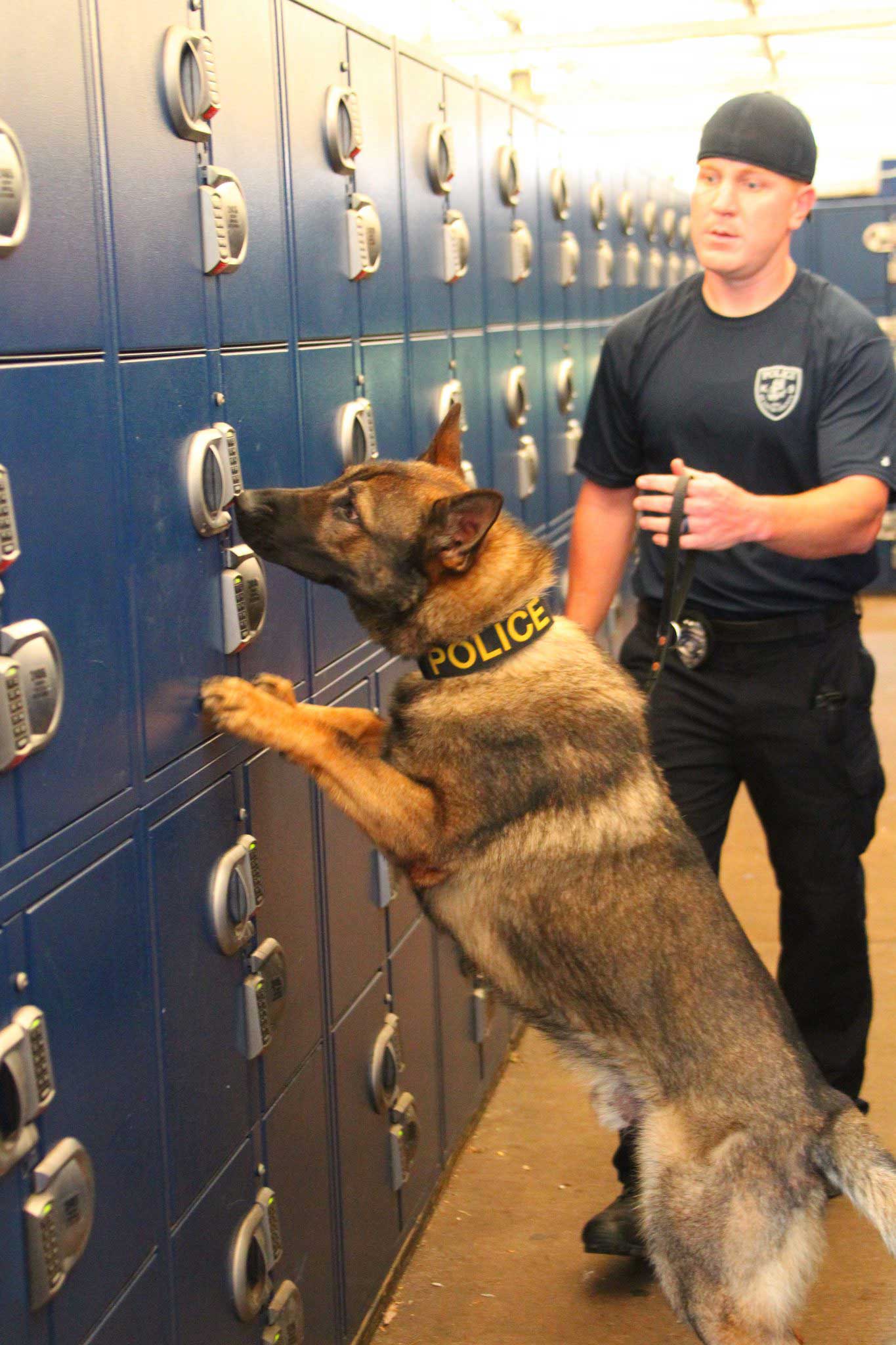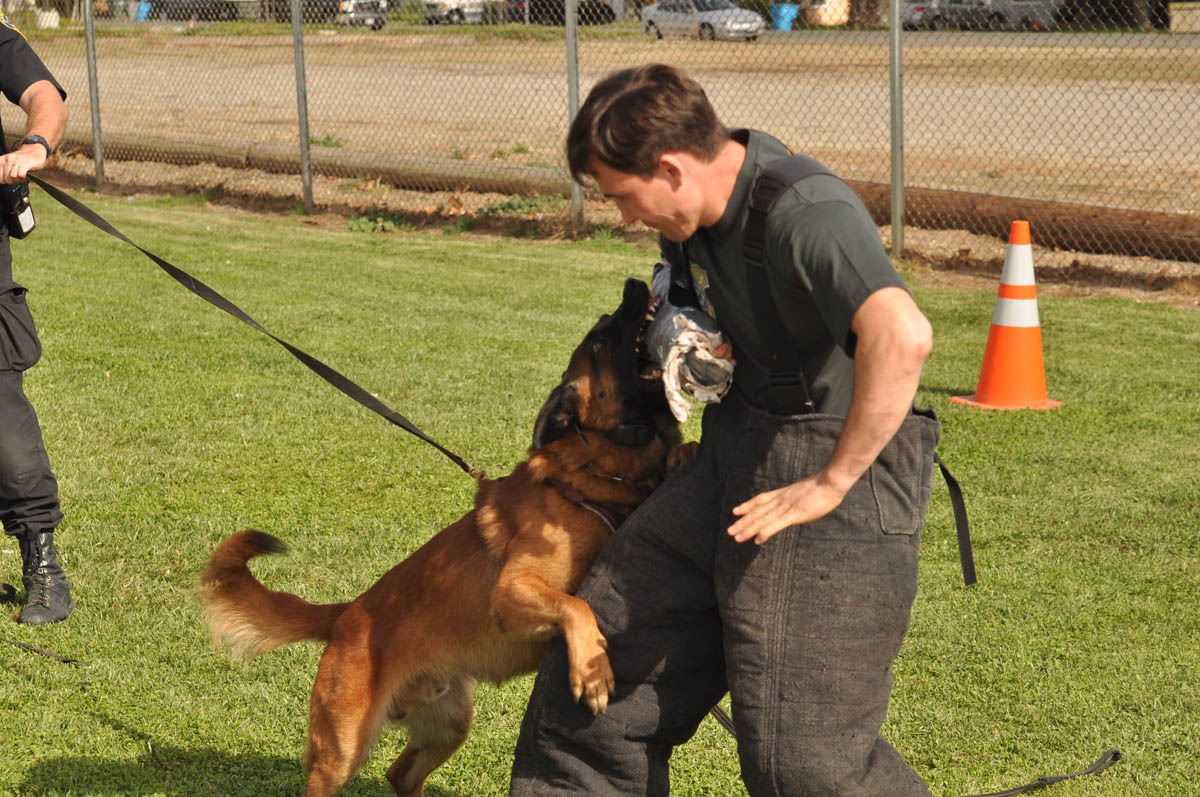Ohana K9 Academy: A welcoming and effective approach to dog training.
Ohana K9 Academy: A welcoming and effective approach to dog training.
Blog Article
Essential Dog Educating Strategies for a Life Time of Etiquette
Reliable canine training is fundamental to cultivating a mannerly companion that enriches our lives. Understanding canine behavior and using socialization methods can prevent potential issues prior to they arise.
Comprehending Dog Habits

Furthermore, recognizing the innate instincts and drives of a dog-- such as target drive, social interactions, and territorial habits-- enables trainers to anticipate and take care of particular behaviors. For example, a canine with a strong target drive may call for different techniques than one that is more socially inclined.
Furthermore, early socialization and exposure to various settings dramatically affect a pet's habits and personality. Favorable experiences throughout vital developing periods can bring about well-adjusted adult pet dogs, whereas negative experiences might lead to anxiousness or hostility.
Favorable Support Techniques
Among the various dog training techniques, favorable reinforcement approaches stick out for their effectiveness and capacity to strengthen the bond in between pet and fitness instructor (Ohana K9 Academy). This strategy stresses satisfying wanted behaviors instead than punishing unwanted ones, cultivating a much more participating and relying on partnership
Positive reinforcement can take several forms, consisting of treats, appreciation, playthings, or play. The trick is to give immediate benefits when the pet exhibits the desired actions, allowing them to make the connection between the activity and the favorable result. For example, if a canine rests on command, giving a treat right away reinforces that behavior, making it most likely to be repeated.
Uniformity is crucial in positive support training. Instructors need to make use of the same hints and benefits to avoid puzzling the canine. Furthermore, differing the benefits can maintain the pet dog's interest and inspiration, transitioning from regular treats to periodic appreciation or play as the canine masters the behavior.

Standard Command Training
Building on the foundation established linked here with positive support techniques, basic command training acts as a critical action in developing an accommodating dog. This training generally includes essential commands such as "sit," "stay," "come," and "down - Ohana K9 Academy." Each command plays a crucial role in fostering reliable communication in between the pet dog and its proprietor, enhancing the general bond
Start with brief, concentrated sessions lasting no more than 5 to 10 minutes to maintain your pet dog's interest. Make use of high-value treats as rewards, making sure the canine connects proper actions with positive results.
Persistence is essential; canines may require numerous repetitions to realize commands totally. Routine method enhances found out commands, solidifying them in your canine's behavior repertoire.
Socializing Techniques
In the realm of pet dog training, socializing strategies are vital for cultivating a well-adjusted and positive canine friend. Reliable socializing includes revealing moved here your canine to a selection of environments, individuals, and other pets in a regulated and favorable fashion. The key objective is to assist your dog establish a convenience degree with diverse experiences, which can significantly lower fear and anxiousness in unknown scenarios.
Begin socializing during the critical developmental window of 3 to 14 weeks, when young puppies are most responsive to new experiences. Present your canine to different setups, such as parks, metropolitan locations, and homes with other pet dogs. Make sure these experiences declare by utilizing treats and praise to enhance etiquette.
Group training classes are a superb means to subject your canine to various other pets and people in an organized atmosphere. This permits monitored communications, assisting your canine discover appropriate social signs. Routine outings and playdates with courteous canines can further boost social abilities.
Addressing Behavioral Issues
Dealing with behavior problems in pet dogs is a critical element of training that requires a methodical method and understanding of canine behavior. Common issues such as barking, chewing, aggressiveness, and anxiety can stem from different aspects, consisting of absence of socialization, inadequate exercise, or also medical worries.

Additionally, establishing an organized regimen that includes regular workout and mental stimulation can substantially minimize behavioral concerns. For circumstances, interactive playthings can maintain a canine engaged and reduce harmful propensities. In cases of serious hostility moved here or stress and anxiety, talking to an expert pet fitness instructor or a veterinary behaviorist may be needed.
Verdict
In final thought, reliable canine training techniques, consisting of positive reinforcement, basic command training, and socializing, are essential for cultivating great actions throughout a pet's life. Dealing with behavioral problems with a methodical strategy not just enhances obedience yet also enhances the bond between pets and their proprietors.
Report this page